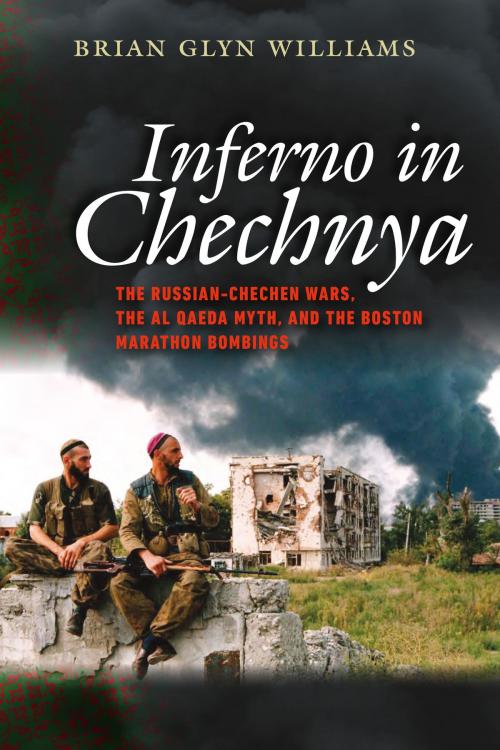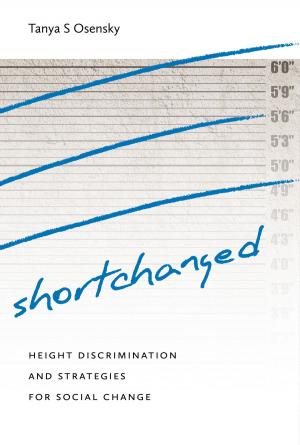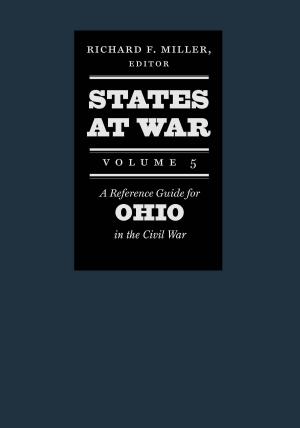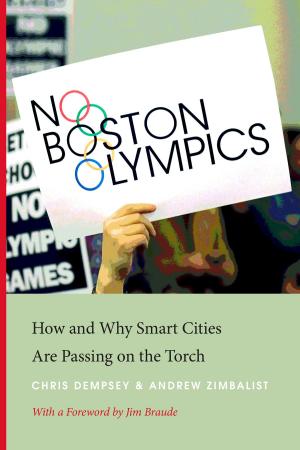Inferno in Chechnya
The Russian-Chechen Wars, the Al Qaeda Myth, and the Boston Marathon Bombings
Nonfiction, History, Asian, Russia, Social & Cultural Studies, Political Science| Author: | Brian Glyn Williams | ISBN: | 9781611688016 |
| Publisher: | University Press of New England | Publication: | October 6, 2015 |
| Imprint: | ForeEdge | Language: | English |
| Author: | Brian Glyn Williams |
| ISBN: | 9781611688016 |
| Publisher: | University Press of New England |
| Publication: | October 6, 2015 |
| Imprint: | ForeEdge |
| Language: | English |
In 2013, the United States suffered its worst terrorist bombing since 9/11 at the annual running of the Boston Marathon. When the culprits turned out to be U.S. residents of Chechen descent, Americans were shocked and confused. Why would members of an obscure Russian minority group consider America their enemy? Inferno in Chechnya is the first book to answer this riddle by tracing the roots of the Boston attack to the Caucasus Mountains of southern Russia. Brian Glyn Williams describes the tragic history of the bombers’ war-devastated homeland—including tsarist conquest and two bloody wars with post-Soviet Russia that would lead to the rise of Vladimir Putin—showing how the conflict there influenced the rise of Europe’s deadliest homegrown terrorist network. He provides a historical account of the Chechens’ terror campaign in Russia, documents their growing links to Al Qaeda and radical Islam, and describes the plight of the Chechen diaspora that ultimately sent two Chechens to Boston. Inferno in Chechnya delivers a fascinating and deeply tragic story that has much to say about the historical and ethnic roots of modern terrorism.
In 2013, the United States suffered its worst terrorist bombing since 9/11 at the annual running of the Boston Marathon. When the culprits turned out to be U.S. residents of Chechen descent, Americans were shocked and confused. Why would members of an obscure Russian minority group consider America their enemy? Inferno in Chechnya is the first book to answer this riddle by tracing the roots of the Boston attack to the Caucasus Mountains of southern Russia. Brian Glyn Williams describes the tragic history of the bombers’ war-devastated homeland—including tsarist conquest and two bloody wars with post-Soviet Russia that would lead to the rise of Vladimir Putin—showing how the conflict there influenced the rise of Europe’s deadliest homegrown terrorist network. He provides a historical account of the Chechens’ terror campaign in Russia, documents their growing links to Al Qaeda and radical Islam, and describes the plight of the Chechen diaspora that ultimately sent two Chechens to Boston. Inferno in Chechnya delivers a fascinating and deeply tragic story that has much to say about the historical and ethnic roots of modern terrorism.















